Dog / Detail
Fancy Giving a Doggo to Your Old Man? Here’s What You Should Know
Jonathan Bennet | 08 August 2024 | 16:05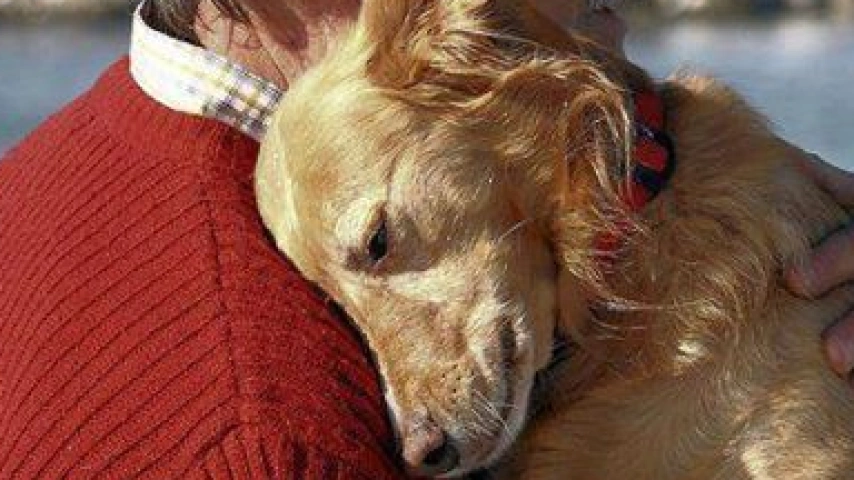
The joy of a wagging tail and a loyal companion can be a wonderful gift for an elderly loved one. But before you rush out to adopt a puppy, consider the practicalities and emotional implications of such a decision.
This guide will help you navigate the waters of canine companionship for your senior citizen.
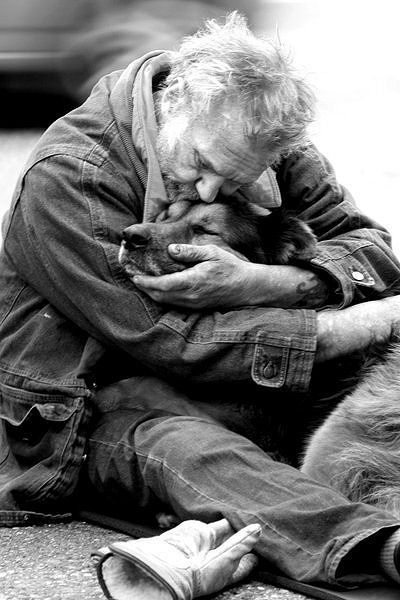
Man's Best Friend: A Tail-Wagging Gift for the Elderly
The unconditional love and companionship offered by a dog can significantly enhance an elderly person's quality of life. The companionship and unconditional love offered by dogs have made them cherished members of countless families.
For the elderly, a canine companion can provide a unique blend of emotional support, physical activity, and a sense of purpose. Gifting a dog to an elderly loved one can be a profoundly rewarding experience, but it's essential to consider several factors before taking the leap.
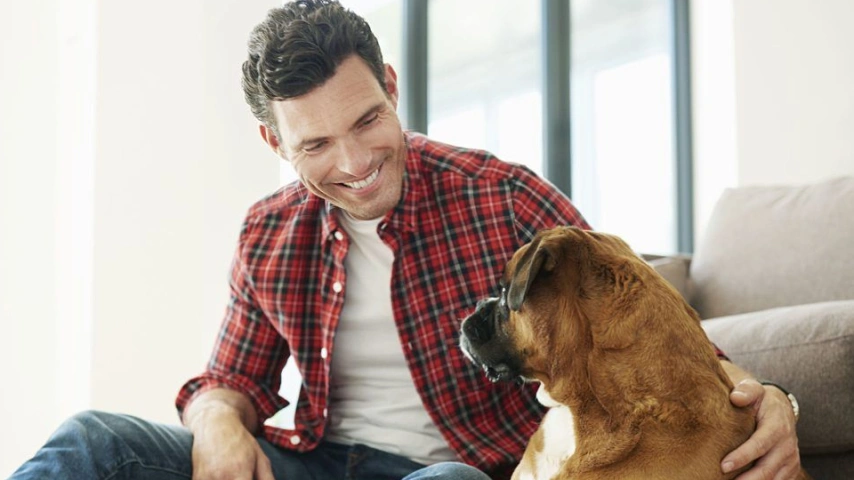
Understanding the Benefits of Dog Ownership for the Elderly
Emotional Well-being: Dogs are renowned for their ability to provide emotional support. Their presence can alleviate feelings of loneliness, depression, and anxiety. The unconditional love and companionship offered by a dog can significantly enhance an elderly person's quality of life.
Physical Health: Dog ownership encourages regular exercise, which is crucial for maintaining physical health in older adults. Walking a dog can help improve cardiovascular health, balance, and muscle strength.
Cognitive Function: Interacting with a dog can stimulate the mind and help prevent cognitive decline. Activities like training, playing, and grooming can provide mental stimulation.
Social Interaction: Dog owners often find themselves engaging in more social interactions. Dog parks, walking routes, and veterinary clinics can provide opportunities to meet new people and build friendships.

Choosing the Right Dog Breed
Selecting the appropriate dog breed is paramount when gifting a dog to an elderly individual. Consider the following factors:
Energy Level: A low-energy breed is generally a better choice for an elderly person. Breeds like Bulldogs, Greyhounds, and Shih Tzus are known for their calm and gentle demeanor.
Size: A smaller dog is often easier to handle for someone with limited mobility. However, larger breeds can also be suitable if the recipient is physically capable of caring for them.
Temperament: A dog with a friendly, patient, and tolerant personality is ideal for an elderly companion. Breeds like Golden Retrievers, Labrador Retrievers, and Beagles are often praised for their gentle nature.
Health Considerations: Some breeds are prone to specific health issues. Researching potential breeds can help identify any potential health concerns.
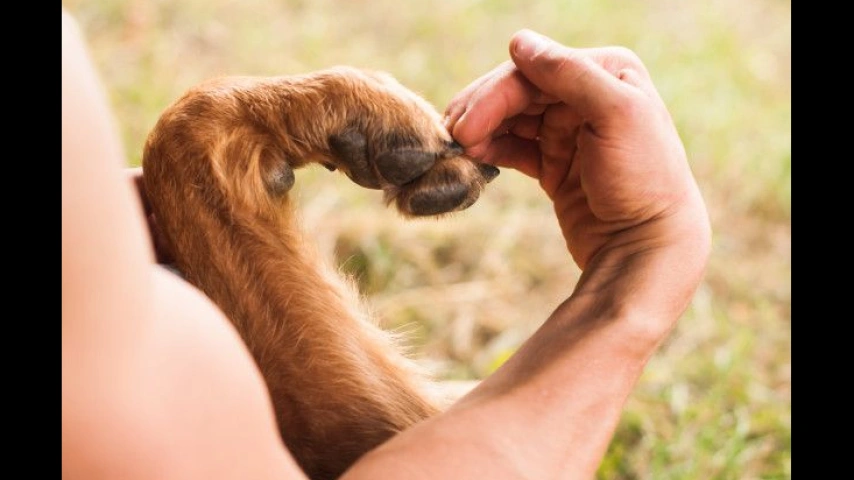
Practical Considerations
Lifestyle: Assess the elderly person's lifestyle and living situation. Consider factors like housing, yard space, and mobility when choosing a dog.
Financial Implications: Dog ownership involves ongoing expenses, including food, veterinary care, grooming, and supplies. Ensure the recipient can afford these costs.
Caregiver Support: While dogs provide companionship, they also require care. Determine if the elderly person has sufficient support from family or friends to assist with dog care.
Training and Socialization: Puppies require extensive training and socialization. Consider adopting an adult dog that is already house-trained and well-behaved.
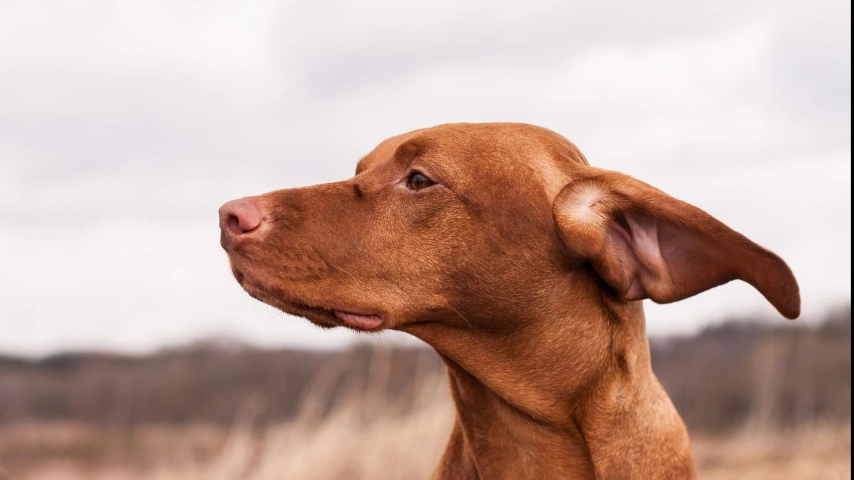
Open Communication: Discuss the possibility of dog ownership with the elderly person before making a decision. Gauge their interest, willingness, and ability to care for a pet.
Trial Period: Consider arranging a temporary foster situation to allow the elderly person to experience dog ownership firsthand. This can help determine if it's a good fit.
Necessary Supplies: Prepare a welcome package for the new dog, including food, bowls, toys, a bed, and other essentials.
Training and Support: Offer to help with training or provide information on local training classes. Encourage the recipient to connect with other dog owners for support and advice.
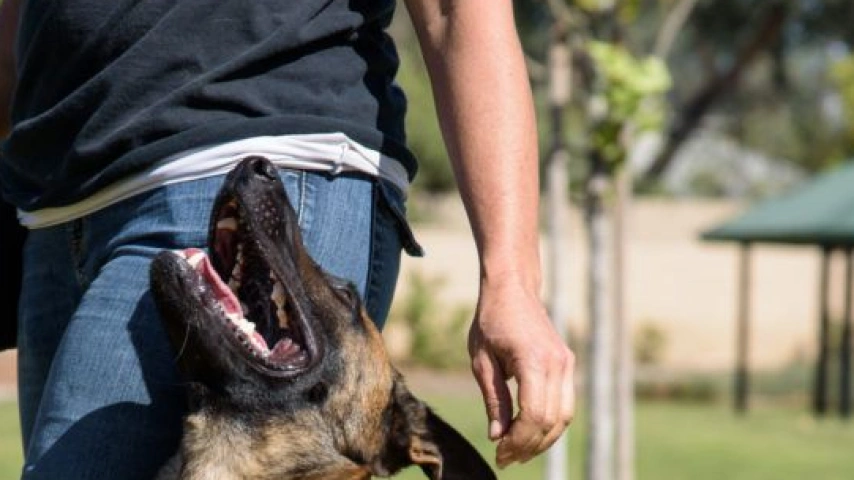
Rescue Dogs: Consider adopting a rescue dog from a local shelter. You'll be giving a deserving animal a loving home while providing companionship for an elderly person.
Lifetime Commitment: Dog ownership is a long-term commitment. Ensure the elderly person understands the responsibilities involved and is prepared to care for the dog for its entire life.
End-of-Life Planning: Discuss potential end-of-life scenarios for both the elderly person and the dog. Having a plan in place can alleviate stress and anxiety.
Gifting a dog to an elderly loved one can be a heartwarming and rewarding experience. By carefully considering the factors outlined above, you can help create a beautiful and lasting bond between two souls.
Related
-
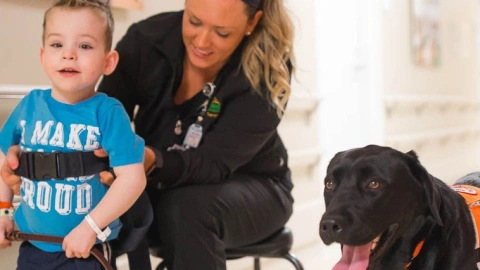
The Healing Power of Dogs: How Canine Therapy is Revolutionizing Mental Health and Boosting Positive Energy in Humans
Dog14 November 2024
-

A Pawsitive History: Dogs of Nuremberg
Dog09 November 2024
-
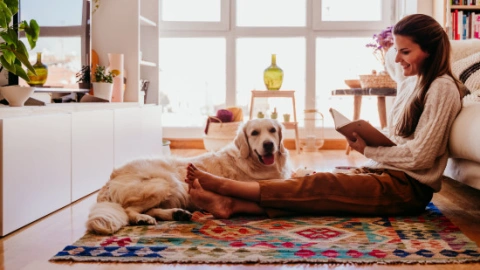
The Role of Oxytocin in the Human-Dog Bond: The Science Behind Our Deep Connection
Dog06 November 2024
-
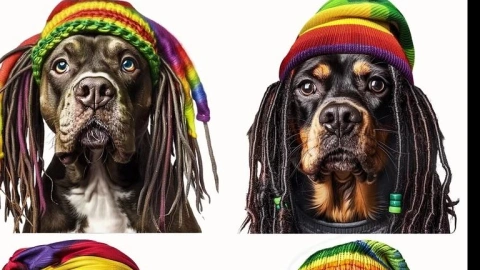
Beyond the Beach: Jamaica's Dog Lovers
Dog29 October 2024
-

A Dog's Delights: Homemade Snacks for Our Furry Babies, Recipes Included!
Dog29 October 2024
-
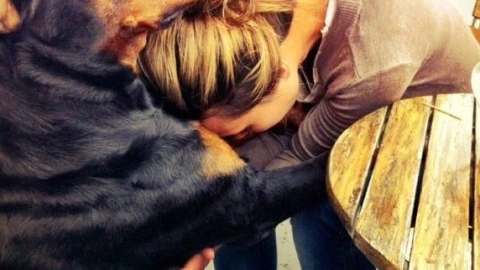
A Dog's Disorientation: Understanding Your Dogs' Wanderlust
Dog29 October 2024
Popular
-

-

A Pawsitive History: Dogs of Nuremberg
09 November 2024 -

-

Beyond the Beach: Jamaica's Dog Lovers
29 October 2024 -
